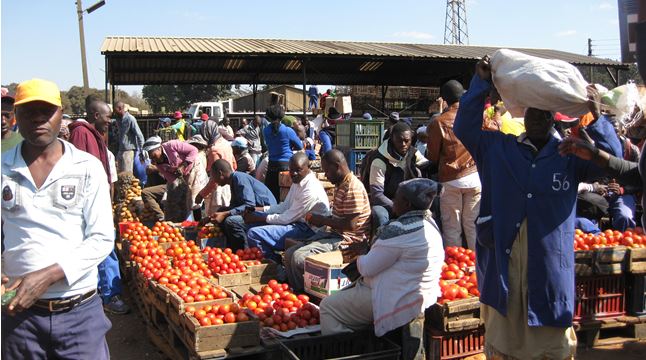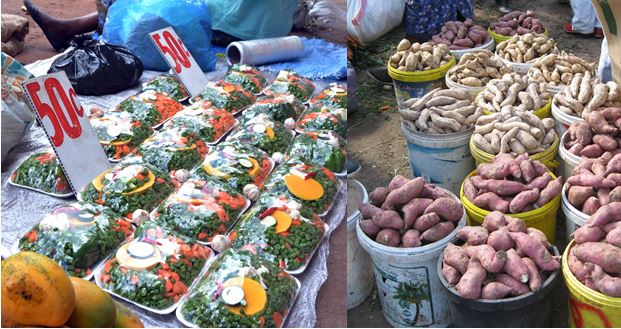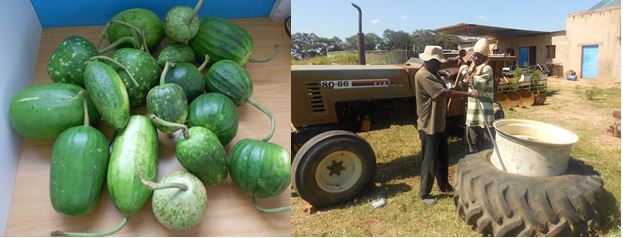Giving scientific knowledge an indigenous face in developing countries
The intersection between health and nutrition continues to be a gray area for ordinary people in many developing countries. There have not been serious efforts to develop appropriate ways of sharing nutrition knowledge with the majority. For instance, formal education systems have not done enough to move health and nutrition from being understood as a Read more about Giving scientific knowledge an indigenous face in developing countries[…]









